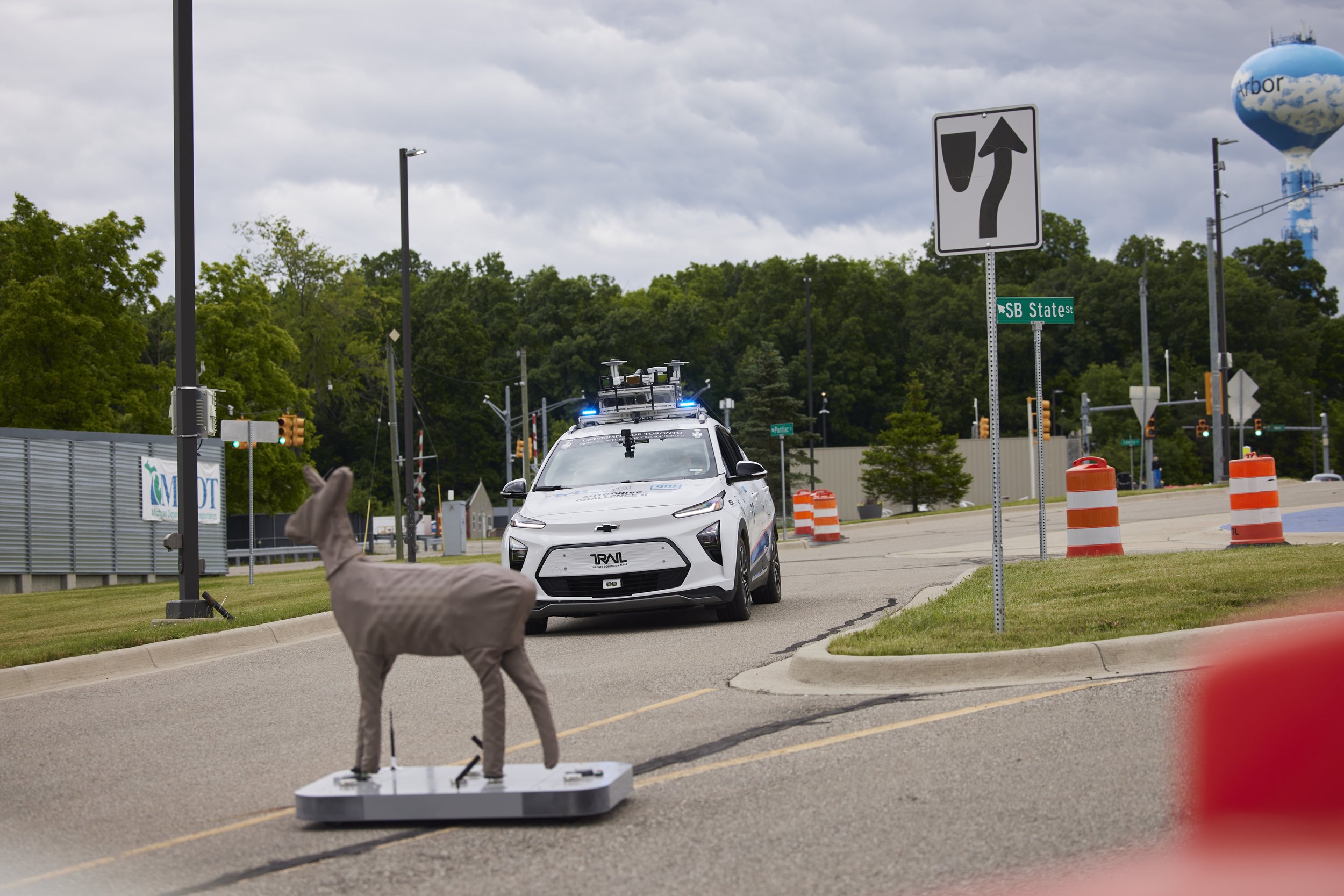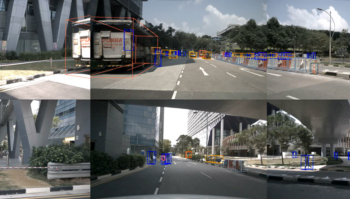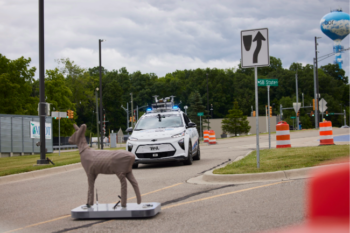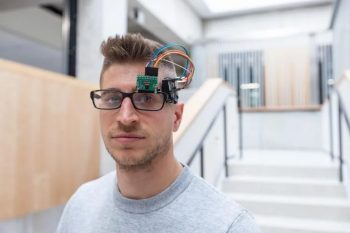Robotics
U of T Engineering has the largest and most diverse robotics program in Canada, and together with a range of strategic industrial partners we are ushering in a future where robots will extend human capabilities and improve lives.
A long-standing collaboration with Hitachi High-Tech Canada (HTC) has been recognized with a Synergy Award for Innovation from the Natural Sciences and Engineering Research Council of Canada (NSERC).

- Advanced Manufacturing
- Aerial Robotics
- Artificial Intelligence
- Assistive Robotics
- Autonomous Vehicles
- Human Factors and Transportation
- Machine Learning
- Microrobotics
- Nanorobotics
- Personal Robotics
- Rehabilitation
- Robots for Society
- Surgical Robotics
Centre for Aerial Robotics Research & Education
CARRE expands and unifies research and teaching activities related to the burgeoning field of aerial robotics.
Toronto Institute for Advanced Manufacturing
TIAM expedites research and development of advanced manufacturing technologies by creating a multidisciplinary network focused on sharing knowledge, ideas and resources.
Institute for Robotics & Mechatronics
IRM brings focus to research in robotics and mechatronics through collaborative research projects and innovative educational programs.
Study Robotics at U of T Engineering
Graduate students can choose from a wide range of technical emphases, including Robotics & Mechatronics and Advanced Manufacturing. Engineering undergraduates can complement their studies with minors in Robotics & Mechatronics, Advanced Manufacturing and Nanoengineering. Engineering Science students can major in Robotics as well as Machine Intelligence — the first program of its kind in Canada.
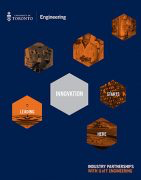 Leading innovation starts here
Leading innovation starts here
Connect with our partnerships team to discuss how a partnership with U of T Engineering can benefit your organization.

U of T Engineering’s self-driving car team, aUToronto, has placed first at the 2024 SAE AutoDrive Challenge™ II. This is the team’s sixth first-place finish in seven years and a return to the top of the podium after placing second in last year’s competition.
Ten teams from universities across the United States and Canada competed at the Mcity Test Facility in Ann Arbor, Mich., from June 4 to 10.
“Through the AutoDrive Challenge, we are preparing the next generation of engineers to head into the industry, to keep pushing towards the challenging goal of reaching Level 4 autonomous driving,” says Professor Tim Barfoot (UTIAS), one of the academic advisors to the aUToronto team.
“The team did another excellent job this year.”
They approached the third year of the competition by going back to first principles to ensure they had a reliable and robust system, says Kelvin Cui (EngSci 2T2 + PEY, UTIAS MASc student), the team’s principal.
Cui joined aUToronto last fall after five years with the University of Toronto Formula Racing team, where he founded the ‘driverless’ division.
“We looked at what was going to get us the most points at competition and made sure that we were not overbuilding our system and adding too much complexity,” he says.
This meant pushing for additional testing time at the University of Toronto Institute for Aerospace Studies (UTIAS) and reaching more than 900 kilometres of system testing before arriving at Mcity.
A partnership with Queen’s University’s AutoDrive team was instrumental to aUToronto’s preparation
